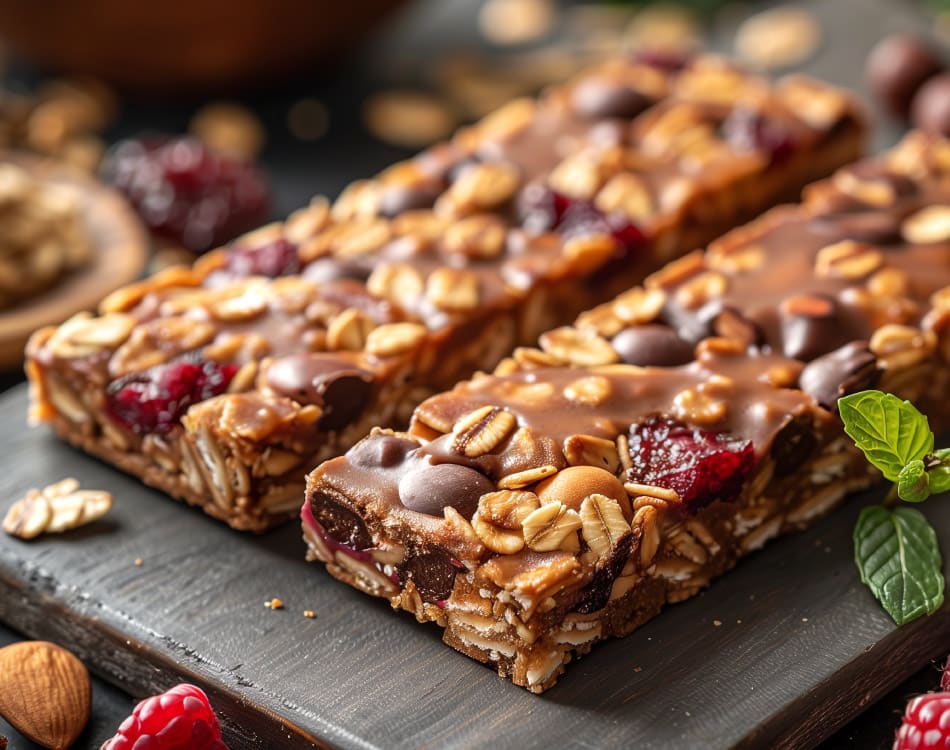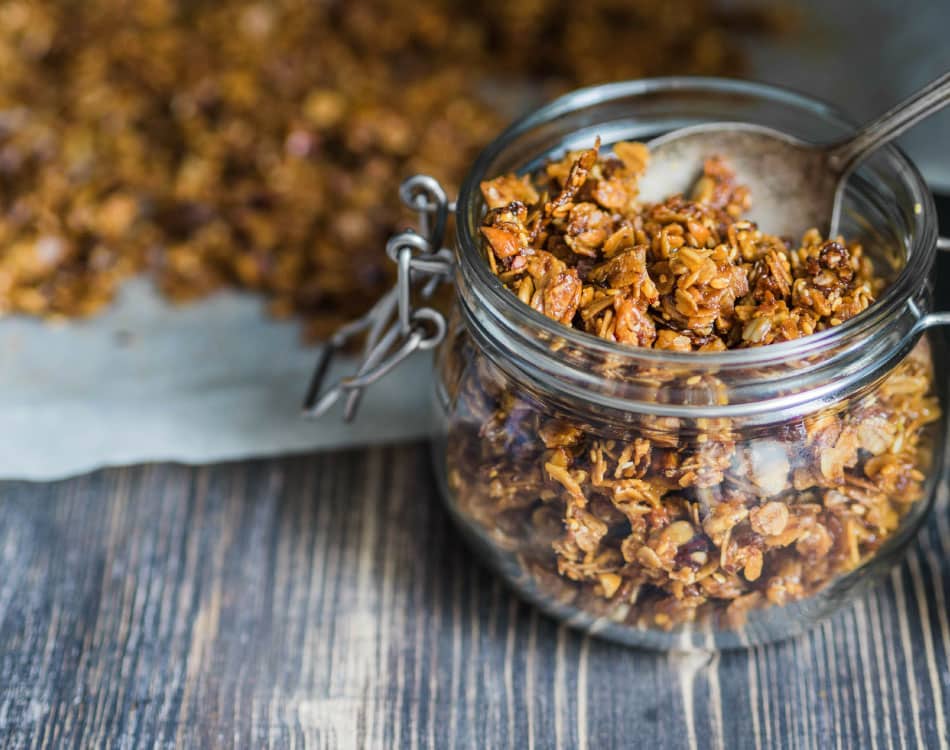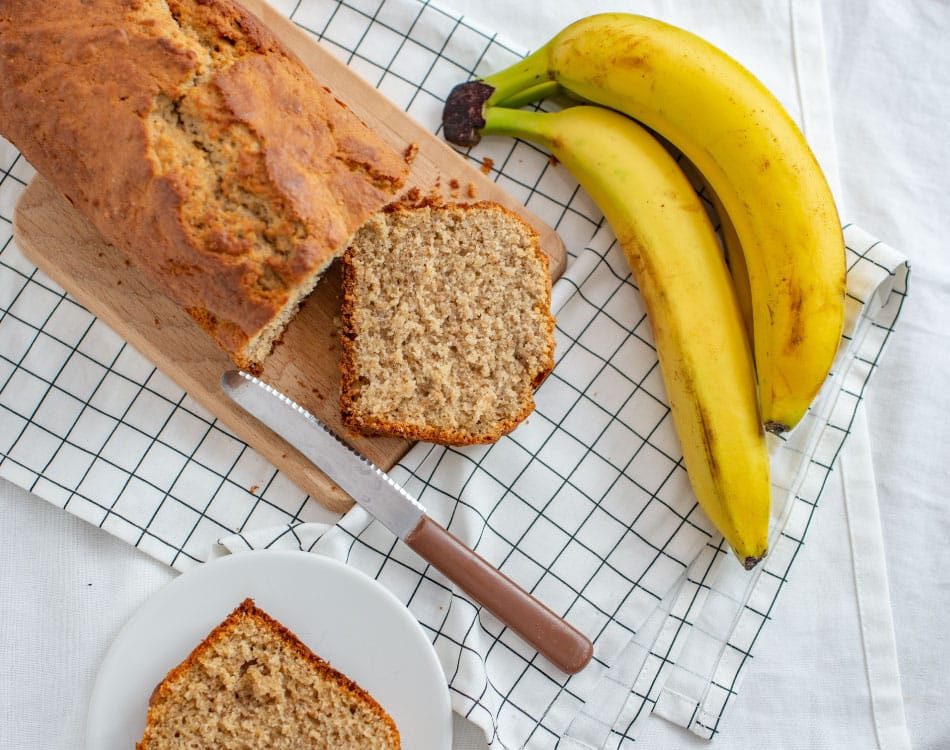While many people make a New Year’s resolution to improve their health by eating less and counting calories, the actual science behind effective weight management is far more complex than just counting calories.
We all have unique bodies with different metabolisms and individual needs. If losing weight and keeping it off were really as simple as counting calories, obesity levels around the world would not have grown so dramatically over the past few decades.
READ MORE | The Science-Backed Method To Build Muscle And Lose Fat Simultaneously
Beyond calorie balance
It’s not just about following a mathematical formula of body weight equals calories in and calories out.
Calories count, but they are far from the whole picture.
Over the years, numerous studies have shown that diets based on the same amount of calories, but of varying composition with different proportions of fat, protein and carbohydrates, result in different amounts of weight loss.
That’s because the calories-in-versus-calories-out energy balance theory of weight loss fails to consider the hormonal effect of the food we eat.
READ MORE | Is Diet Periodisation The Key To Sustainable Weight Loss?
Macros matter
While counting calories can initially help you lose weight, the positive results eventually taper off, with most people regaining some or all of the weight they initially lost.
In fact, this calorie-counting approach can even cause weight gain, as severe restrictions cause levels of cortisol – a stress hormone – to rise.
This can result in an increase in appetite and a hormonally-mediated propensity to store excess calories as fat, rather than metabolise them for energy or heat.
If tracking what you consume becomes a headache – do the following:
- Instead of counting calories, eat smaller portions: Most people underestimate calories in large meals. Bigger portions have more calories and if we help ourselves to more we will eat more food.
- Instead of counting calories, choose foods that use more calories: Some foods require more energy than others to digest and metabolise. This thermic effect of food is highest in high-protein and fibre-rich foodstuffs.
- Instead of counting calories, make sure you consume the right foods: Nutrient-dense sources of whole natural foods like fruit, vegetables and whole grains are better than processed and manufactured sources that lack nutrients, like white bread, ice cream and soft drinks.
Additional tips that can help you serve up ideal-sized portions:
- Use smaller dishes at meal times.
- Wait for 15 minutes before going back for a second helping to allow the hunger-satiety feedback loop to run its course.
- Don’t eat out of a bag or carton.
- Keep food out of reach outside of mealtimes to avoid mindless snacking.
- Beware of sugar-laden snacks such as crackers, cookies and pretzels. You end up eating more of these mini-sized snacks than you realise.
Quality trumps quantity
More than just the quantity of calories you consume, it’s the quality of those calories matter most in terms of keeping you healthy, losing weight and maintaining your results.
Foods that contain fibre, protein and fat pass through the body more slowly and will make you feel fuller for longer than processed carbohydrates. So, rather than becoming obsessed with calories, ditch the meal math and make changes to the quality of the food you eat.
















